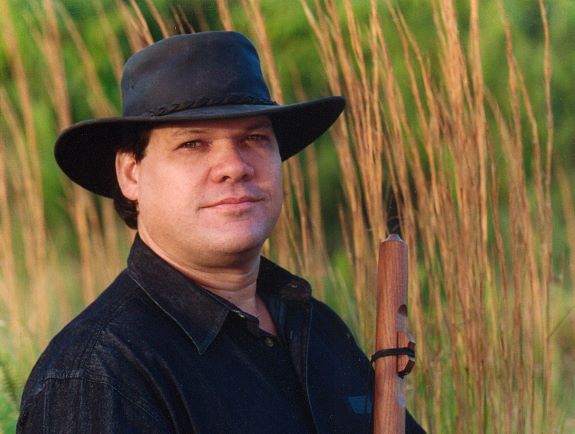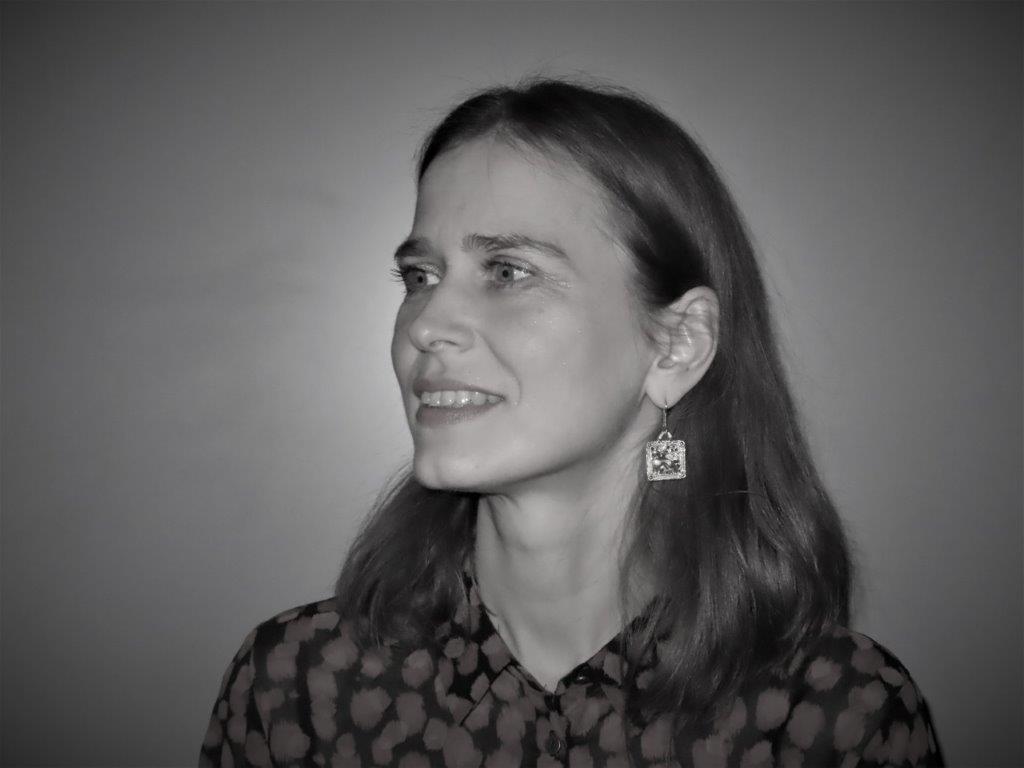About
My mother had an Allen Organ in our living room where at the age of four I would sit for hours and entertain myself putting on stops, listening to the notes, changing stops, listening to how the notes changed. I remember particularly enjoying the celeste stops with their bell-like ringing. My fascination with the quality and timbre of sound led me to study music performance and eventually become a sound engineer.
I took up violin at six though that didn't last as I hated to practice. However, I began bassoon lessons at fourteen and loved to hear its varied sonorities thoughout its range. I studied a Bachelor's in Music Performance degree at Thayer Conservatory having studied bassoon with Sherman Walt. For many years I performed with symphony orchestras, woodwind ensembles, and made numerous solo appearances. From St. Marks cathedral in Venice, to the Washington National cathedral in Washington D.C. as well as performances in Carnegie Hall under Maestro John Rutter. My performing career has seen nearly every continent in diverse venues around the world.
While my main vocation ended up in the world of mainframe computer administration, I never lost my love for music and the beauty it portrays. Now retired, music has once again become my focus. As a graduate music composition student studying under Roger Zahab at the Vermont College of Fine Arts, my intention is to bring music that is beautiful to hear and a rest for the soul in a world gone mad. Through my compositions, in a romantic and neo-romantic style, as well as performing on the Native American Indian-style flute accompanied by my wife, Madeleine, on classical guitar, my hope is that the listener can regain a bit of joy amidst a world in chaos.
Currently living on The Big Island of Hawaii, I find great inspiration from my faith in God and the nature around me. The oozing lava from the volcano, the quiet solitude afforded by the forest, the fish and whales in the ocean, all provide a rich and imaginative texture from which I draw my musical ideas.

